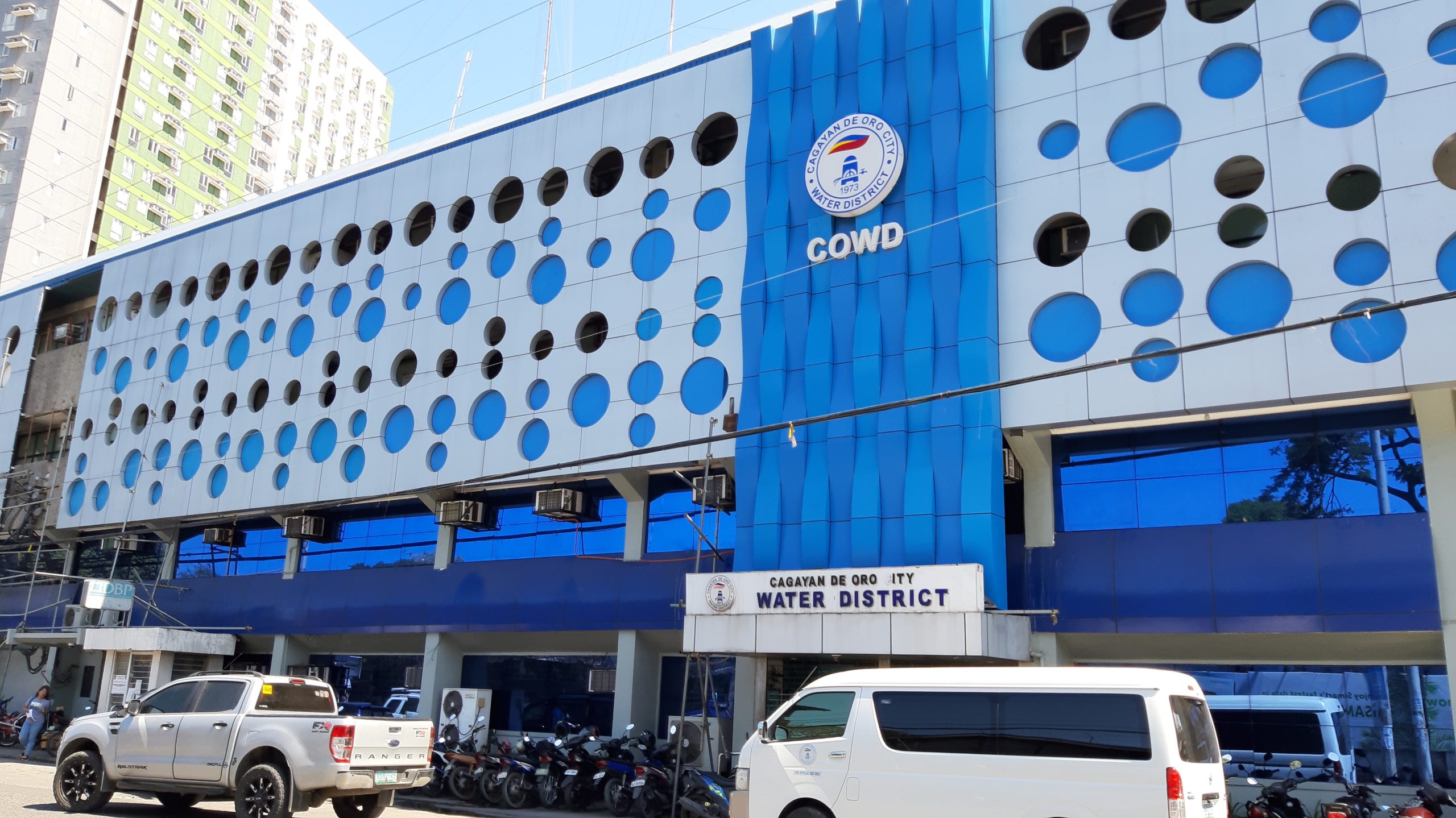Dave Achondo
FORMER Cagayan de Oro mayor Pablo “Ambing” Magtajas died on Monday evening at the age of 77, and his demise brought to the fore the detestable practice of hospitals to require downpayments before admitting dying patients for intensive care.
The poor and the less fortunate often experience this. But as ignorant as it may sound, this is the first time for me to hear a former mayor of a highly urbanized city and his family experiencing this kind of treatment.
I have seen it many times though, and heard many stories of patients not getting the kind of medical attention they need unless they or their families complied with the money-down policy. I have seen my friends die because of this offensive practice, and it seems the government cannot do anything about it. The experience of the Magtajas family tells me that I should raise P50 thousand and bring it with me everyday in case of a medical emergency.
The crappy practice isn’t exclusive to this city. It’s a reality; it is a common practice anywhere in the Philippines.
I was a nursing student, and in school, we were told that as a nurse, you should never turn down a person in need of medical assistance no matter where you are as long as you are there. We were taught to help if there is anything we can do–and that’s supposed to be an obligation–even if the patients are suspected of being criminals. I assume that it also applies to other medical practitioners.
Talk about being a victim of a very flawed system that even a former mayor of this city succumbed to a policy that shouldn’t even be practiced based on RA 8344, also known as the Anti-Hospital Deposit Law.
All medical facilities, whether government-owned or private, are prohibited from refusing persons seeking medical help or from detaining them for nonpayment of hospital bills or medical expenses. It is unlawful for any hospital or medical clinic to refuse administering to patients treatment and support that could prevent their death or permanent disability. This law has been around since Aug. 25, 1997.
The law supposedly prohibits requests, solicitations, demands or acceptance of any deposit or any other form of advance payment as a prerequisite for confinement or medical treatment of a patient. Hospitals or clinics are also not supposed to refuse patients or demand from them or his next of kin any deposit or advance payment. Violators are supposed to expose themselves to lawsuits.
Violators of RA 8344 face imprisonment of six months to two years and four months, or fined P20,000 to P100,000.
Wait there is more. If the violation is committed pursuant to an established policy of the hospital or clinic or upon instruction of its management, the director or officer of the hospital or clinic responsible for the formulation and implementation of the policy can be imprisoned from four to six years or fined P100,000 to P500,000.
But sad to say, until now, the law is not really being followed, apparently because there are loopholes.
Hospital policies such as this should be categorized as “anti-poor.”
I hope hospitals that do this would be confronted with big legal problems, and I hope what happened to Magtajas would serve as an eye opener. Something has got to be done to put an end to this money-down policy.
Another thing that the Magtajas case highlighted is the shortage of intensive care facilities in this city. We need to build more decent hospitals.
The government should also formulate a compensation plan for private hospitals so that they would unconditionally admit and properly treat emergency case patients. Money should be the least of the concerns of anyone in a life-and-death situation.
Disclaimer
Mindanao Gold Star Daily holds the copyrights of all articles and photos in perpetuity. Any unauthorized reproduction in any platform, electronic and hardcopy, shall be liable for copyright infringement under the Intellectual Property Rights Law of the Philippines.











